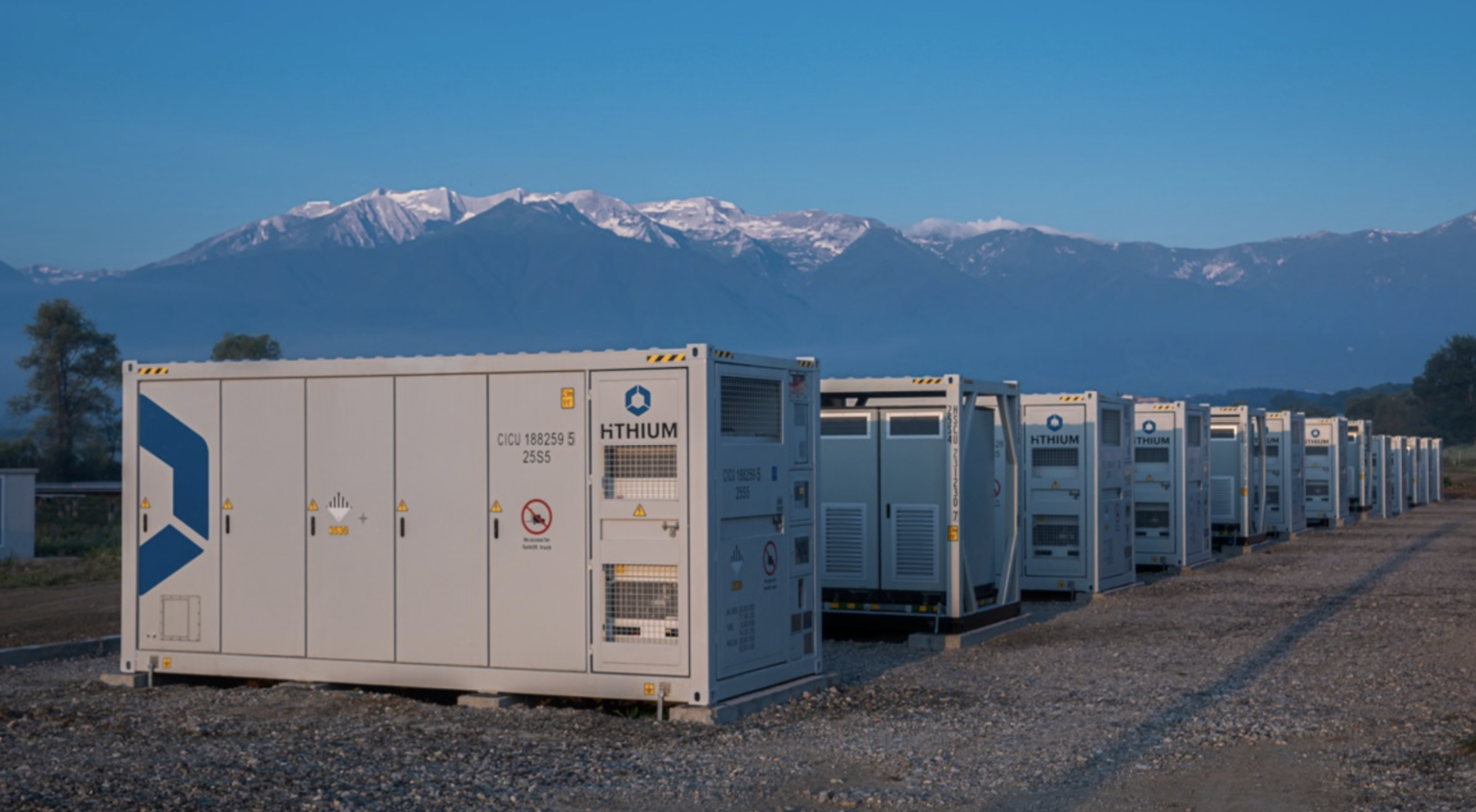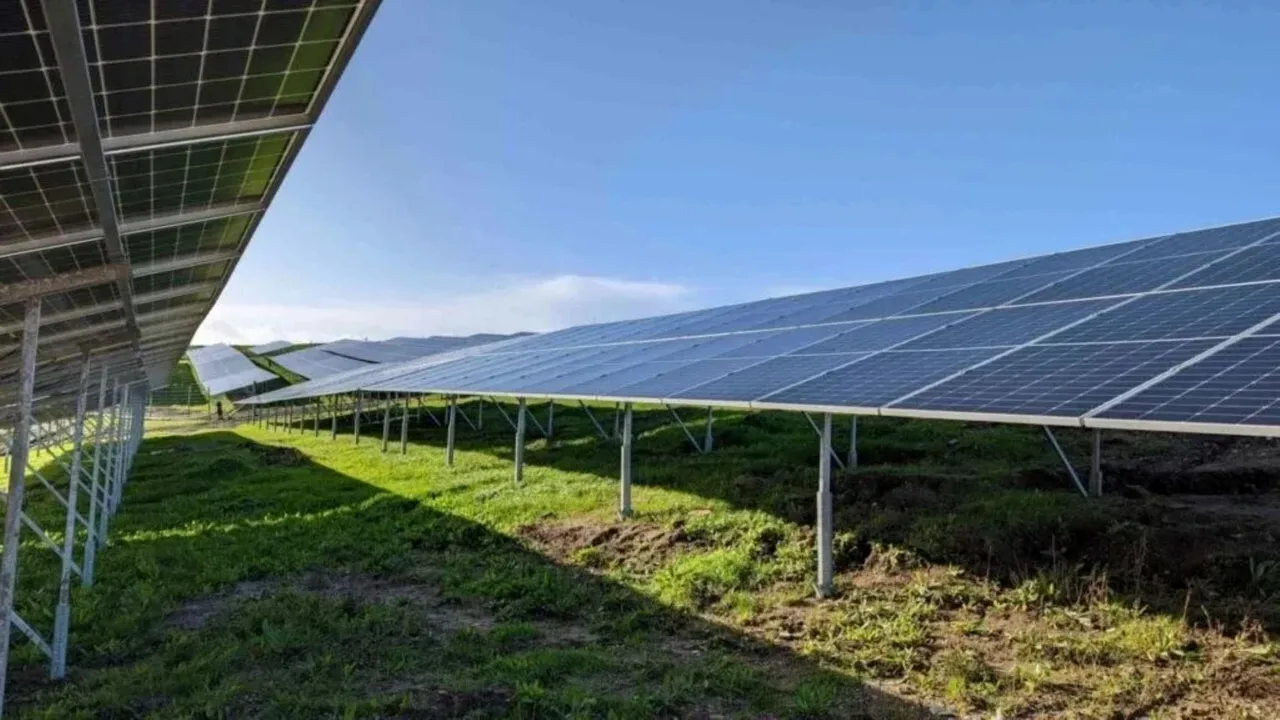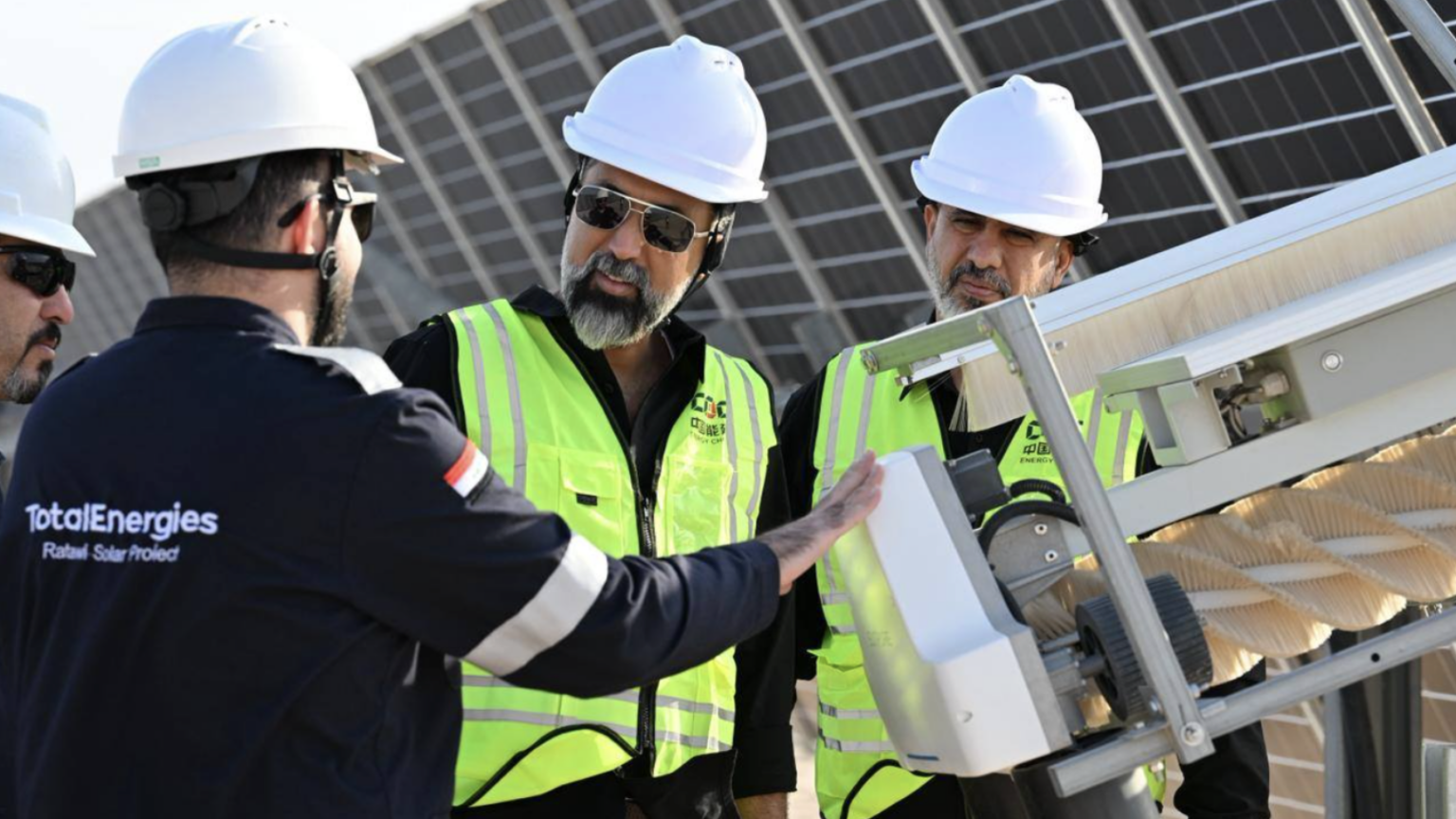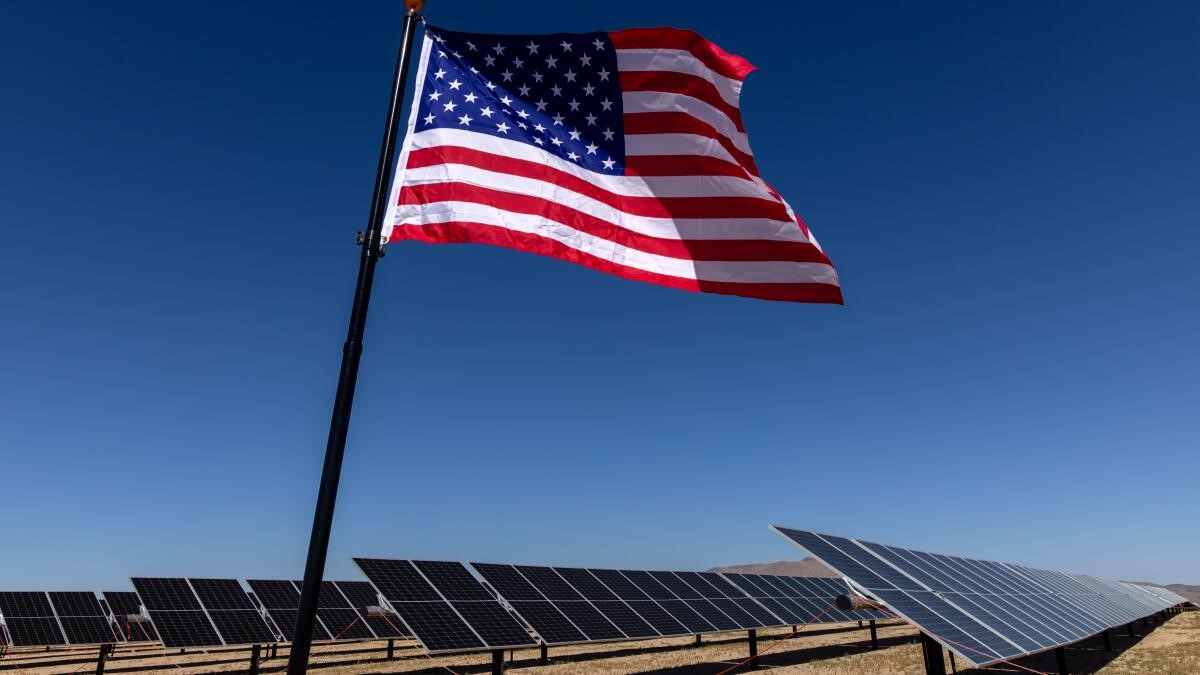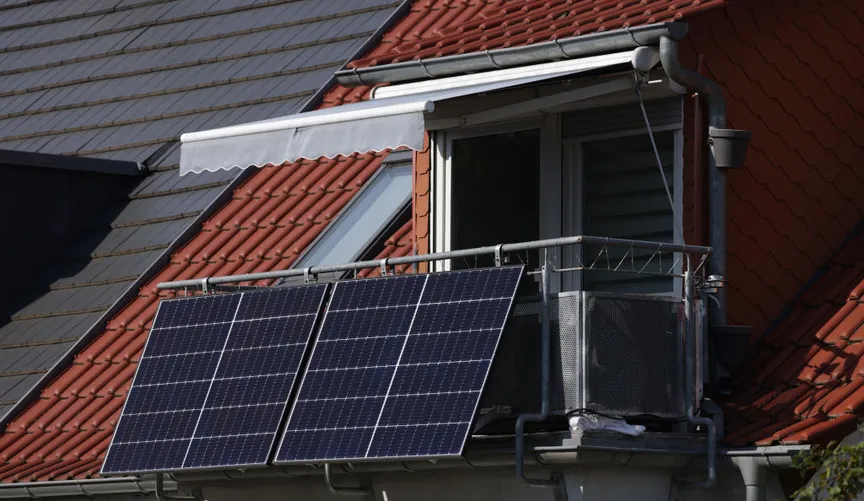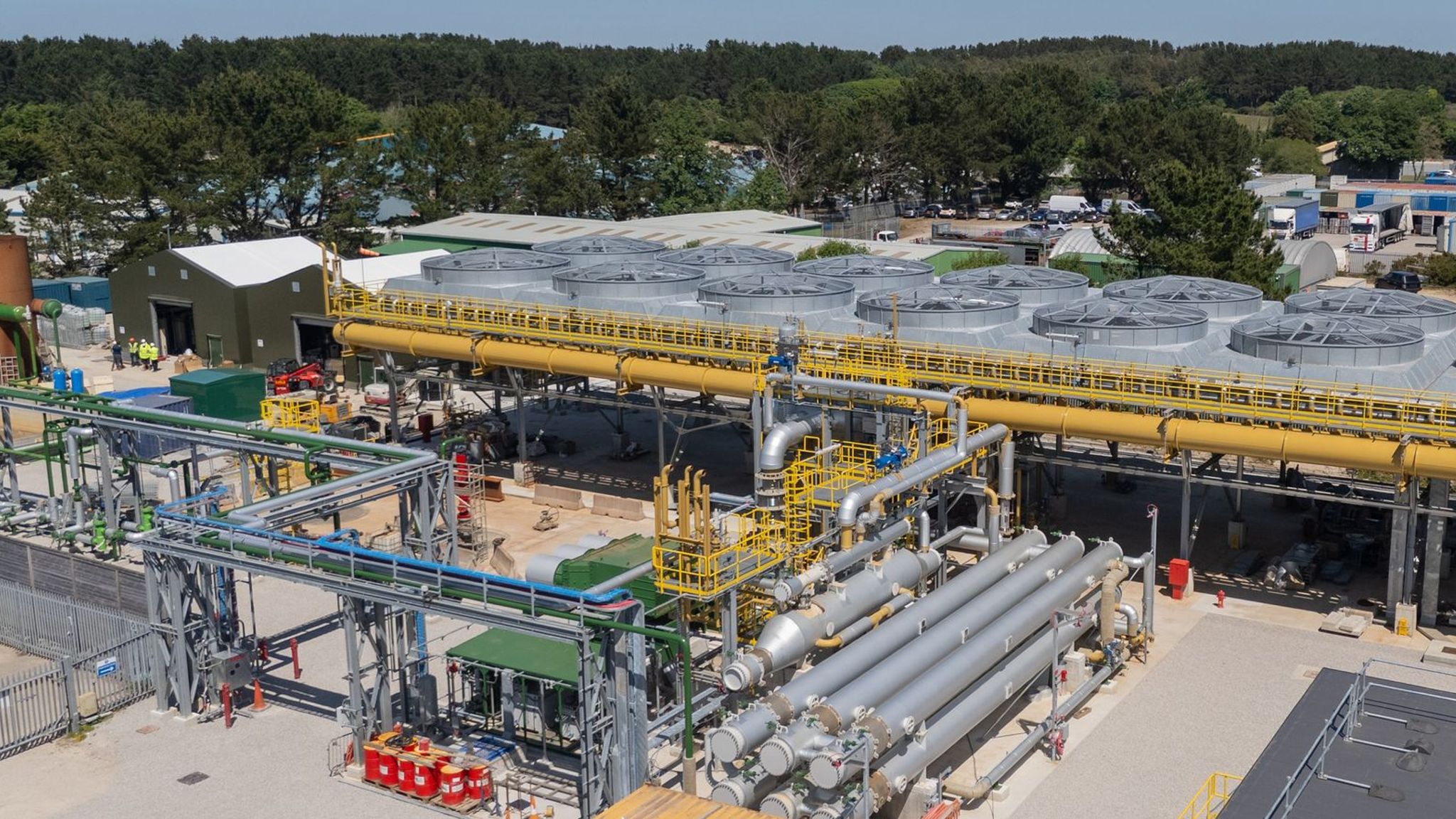Bulgaria’s Ministry of Energy has launched a public consultation on a new subsidy program seeking to support the construction and commissioning of standalone renewable energy storage facilities with a cumulative capacity of 1.9 GWh.
The procurement builds on the first round of the National Infrastructure for Storage of Electricity from Renewable Sources (RESTORE) program, which concluded in April. That round selected 82 standalone renewable energy storage projects, with a total investment exceeding 1.15 billion levs ($675 million), under the EU-funded initiative. The chosen projects will deliver a combined usable energy storage capacity of 9,712.89 MWh – more than three times the original 3 GWh target set by the tender.
Under RESTORE 2 program, the Ministry of Energy is looking to support the rollout of energy storage systems of at least 10 MW of nominal AC power and at least two hour of usable storage capacity on both transmission and distribution grids.
The procedure is open to micro, small, medium, and large companies. The grants will cover up to 50% of the eligible costs with a ceiling of BGN 156,466 ($86,056) (excluding VAT) per 1 MWh of usable energy storage capacity.
Under RESTORE 2, a single entity may request support for a maximum of 317 MWh – equivalent to one-sixth of the total capacity quota – across one or multiple projects.
Furthermore, prospective applicants must provide a 3% participation bank guarantee valid for nine months as a commitment to sign a financing agreement if approved; failure to do so allows the Contracting Authority to claim it. They must have own capital of BGN 6 million (for 20–50 MWh projects) or BGN 10 million (for projects over 50 MWh), proven by financial statements. Upon signing, a 10% performance guarantee of the approved grant is required, released after all obligations are met.
To qualify as “new usable energy storage capacity,” work on the storage facility must either not have started by the proposal submission date or have started on or after June 25, 2024, but the facility must not be commissioned by then. The “start of works” is defined as either either beginning construction or making the first legally binding commitment for equipment or other irreversible investment actions. Land purchases and preparatory activities like permits and feasibility studies do not count as starting work.
At application, the proposal must have a valid gird connection agreement, a building permit, a signed supply contract or proof of binding equipment order making the investment irreversible, and secured financing.
According to the draft guidelines, all supported storage facilities must be constructed and commissioned by July 31, 2026.
Draft application and implementation documents for RESTORE 2 are open for public comment and feedback until September 15, with grant applications tentatively scheduled to open on September 18.
The tender is funded under Bulgaria’s National Recovery and Resilience Plan (NRRP), which aims to significantly increase the share of energy from renewable sources in the nation’s energy mix, while simultaneously building the necessary infrastructure for its storage.


